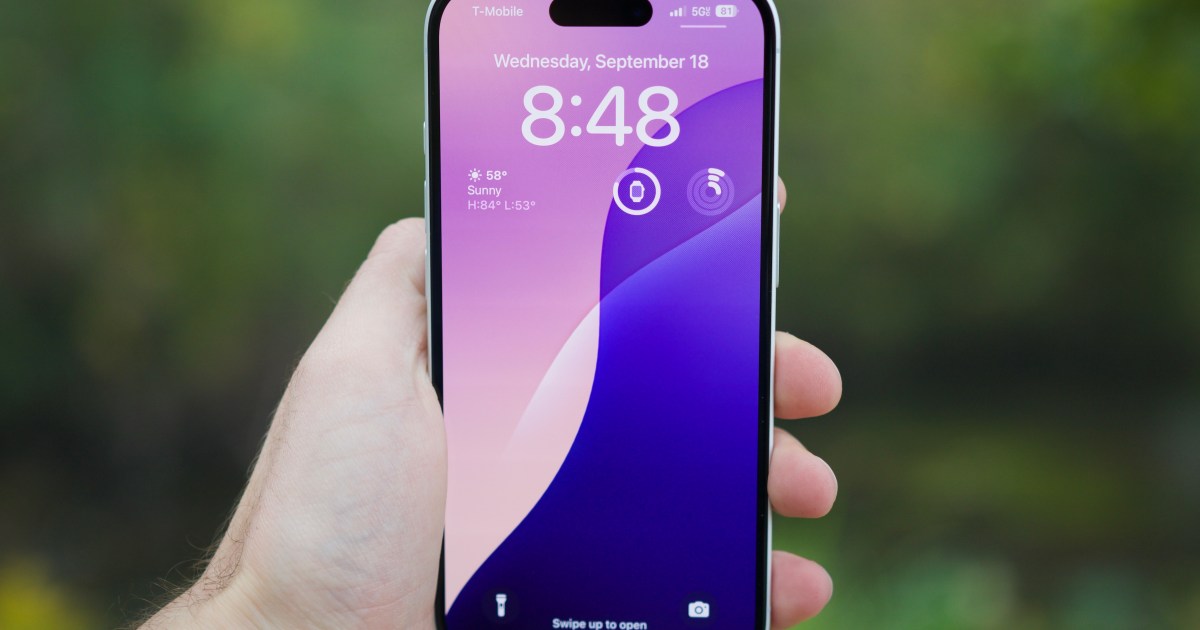Apple does not assist third parties in unlocking iPhones, which has led many law enforcement agencies to rely on the Graykey forensics tool. A recent report from 404 Media indicates that this controversial product can now access the newest iPhone 16 models.
Should this be a concern for you? Almost certainly not, but it’s still good to stay informed about how these things work. Here’s a quick overview.
A new report states that Graykey can access “partial” information from iPhones running iOS 18 or iOS 18.0.1, including the iPhone 16 lineup. What “partial” information means is unknown. Leaked documents also suggest that iPhones with the iOS 18.1 beta are inaccessible to Graykey. The same restriction is believed to apply to the official release of iOS 18.1, which became available to the public in late October.
Graykey, like another law enforcement-used unlocking product, Cellebrite, is very secretive about how its products help unlock iPhones. What we do know, however, is that these companies look for new iPhone vulnerabilities to do their job. As Apple patches security flaws, companies have to find new ways to access data, and so on.
Since at least iOS 12 in 2018, Apple has continually identified vulnerabilities that make iPhones susceptible to unlocking and subsequently released software patches that address the issue. Eventually, third parties find new vulnerabilities, and so on.
As 404 Media indicates, Magnet Forensics, which owns Graykey, could eventually find ways to unlock iOS 18, iOS 18.1, and subsequent versions. Apple developers are currently testing iOS 18.2, which should be released to everyone before the end of the year. The leaked documents don’t mention this version.
It’s important to note that products like Graykey and Cellebrite need physical access to a device to function — if they can at all. This isn’t something you’ll run into in the wild and cannot be done remotely.
User privacy has always been one of Apple’s core principles. As a result, its products, such as the iPhone and iPad, are protected by strong encryption. The company has consistently resisted government requests to create a “backdoor” for data access.
For individuals concerned about unauthorized access to their phones, ensuring they have installed the latest software updates is the best course of action. For iPhones, this means updating to iOS 18.1.1; for iPads, the update is iPadOS 18.1.1.
Read the full article here














